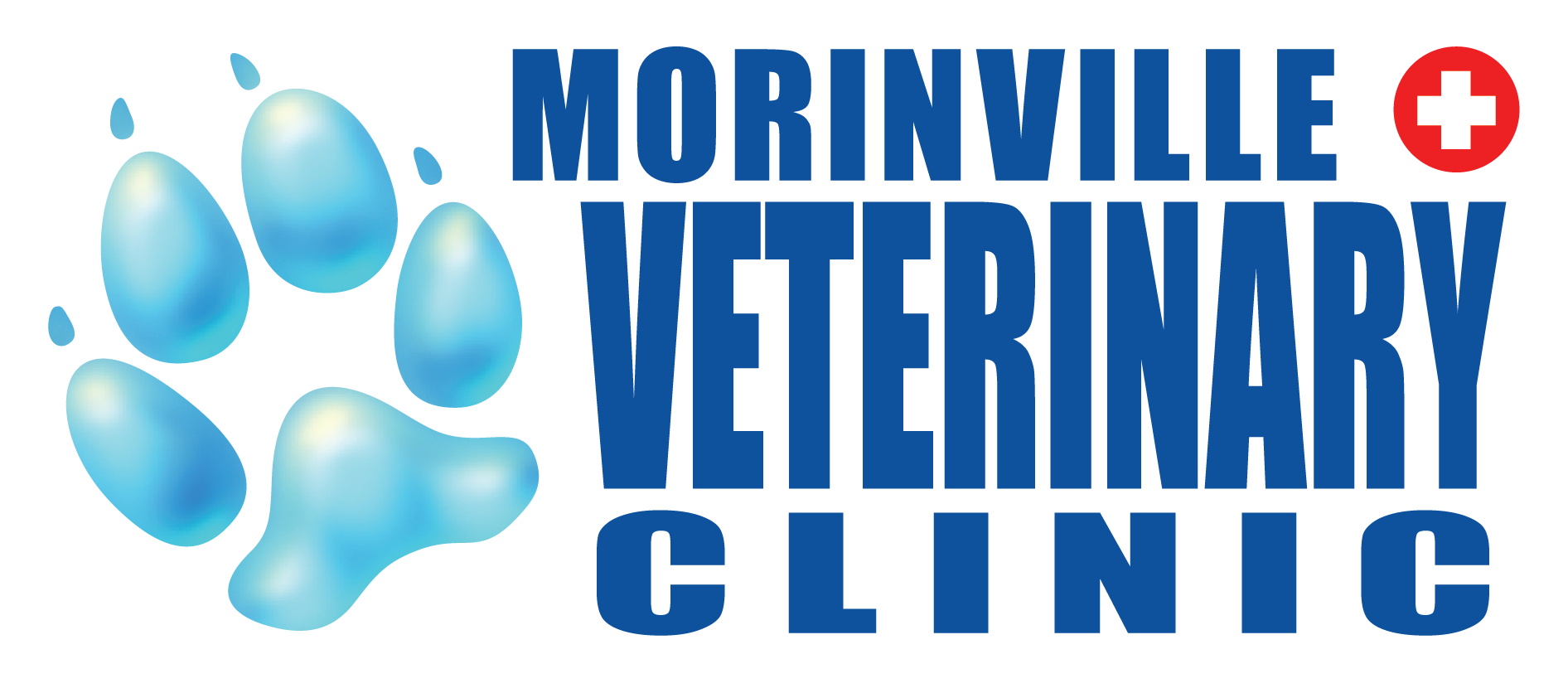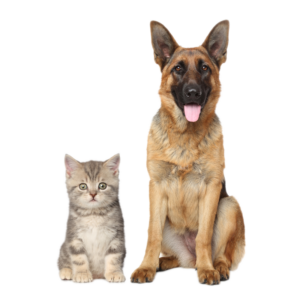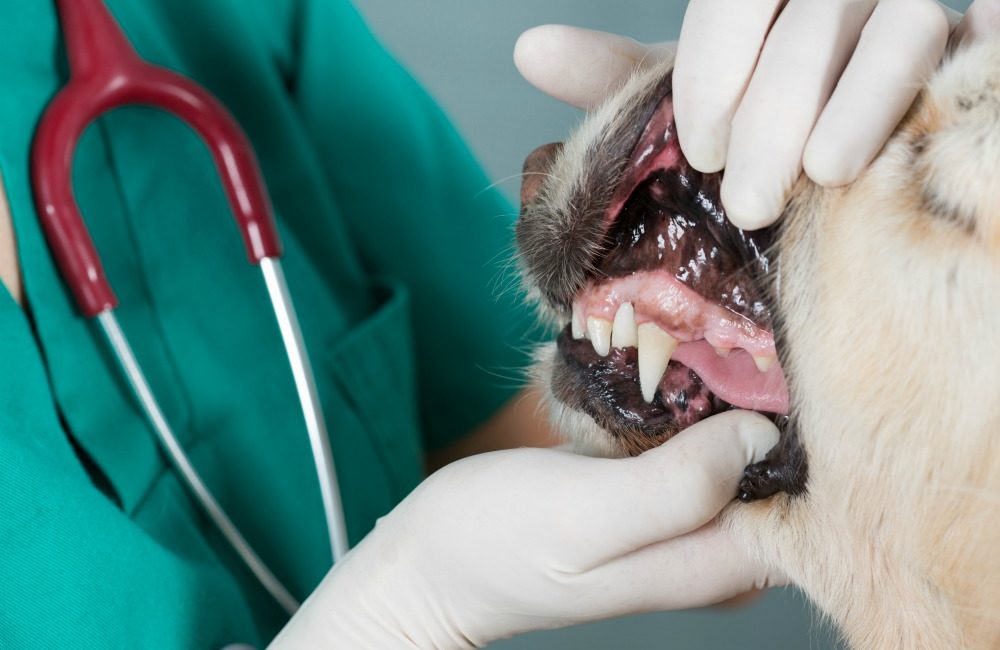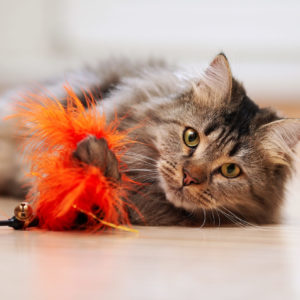Happy Oral Health Month!
Throughout February and March, our clinic is focusing on the oral health of your pets. Oral health and dental disease is something we see and discuss every day and is a major problem we are having in our pets. Here are some facts and tips about oral health and teeth brushing.
Facts about Dental Disease:
Many people do not think that brushing their pets’ teeth is necessary for the pet’s health, but it is very important in keeping them healthy and happy! It is shown that 70% of cats and 80% of dogs have periodontal disease by three years of age! Without brushing or doing any dental home care with your pet, plaque can build up, putting your dog or cat at high risk for developing bad breath, gum disease, and/or tooth decay. If periodontal disease is left untreated or undiagnosed, harmful bacteria from the mouth can spread throughout the body by using the bloodstream and will infect and cause disease in some major body system. Those systems include the liver, lungs, kidneys and heart.
There are two common dental diseases in our pets they are Gingivitis and Periodontal disease. The difference is that gingivitis is the first sign of periodontal disease. If we can treat gingivitis before periodontal disease starts, then the damage can be reversible. Once periodontal disease starts, we can slow the progression by dental cleanings and dental home care, but the damage that has already been done is not reversible.
Teeth Brushing:
Working up to brushing daily is the ideal way, but if that is not always possible, even three days a week can make a difference.
Instructions on brushing teeth:
- Buy a veterinary grade toothpaste at your local veterinary clinic. Please do not use human toothpaste.
- Use a specially designed dog toothbrush or a recommended alternative.
- Give your dog a small sample of the toothpaste to introduce the taste.
- Place a small amount of toothpaste on the brush.
- Lift the lip to expose the outside surfaces of your dog’s gums and teeth.
- Brush with gentle motions to clean the teeth and gums, as you would your own. Does not have to be perfect. Most pets will not allow you to open their mouth to brush the other surfaces.
- Do not forget those back molars and big canines!
- No rinsing needed.
- After finishing, reward your dog with play, petting or a favourite activity to positively reinforce the brushing process.
It is never too late to start brushing!
We strongly recommend if you have any concerns about your pet’s oral health to give us a call to book an exam with your veterinarian so you can see if just brushing is going to help or if your pet needs to have any dental work done.
If you have any questions or concerns about your pet’s oral health, please contact our clinic, and we will happily assist you.
Written by: Morinville Veterinary Clinic




